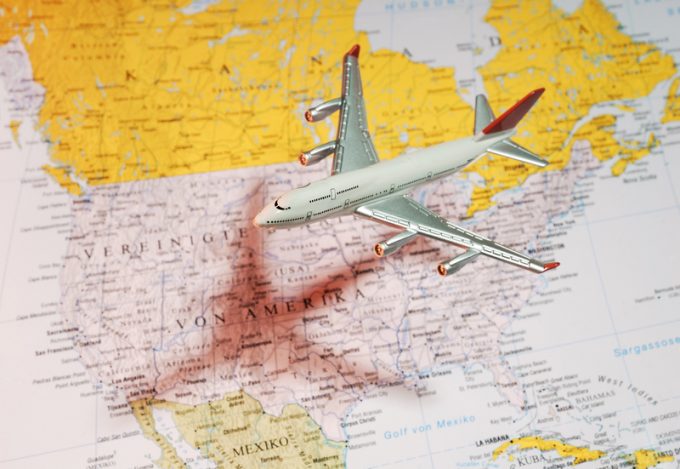White House moves create yet more stormy water on the transpacific
The 90-day tariff moratorium on US imports, except those from China, have failed to keep ...

New capacity in the passenger and freighter market is changing the parameters of air cargo this year.
Different aircraft entering the market will alter the balance, according to Frank Ziesemer, CEO of Strike Aviation. But he said these changes had not been thought through, particularly in the freighter market.
“During the pandemic, everybody was looking for freighters, because passenger aircraft were grounded. So the airlines shifted towards cargo aircraft without any clear strategy, just to satisfy the market’s needs.
“Currently, air cargo carriers ...
Outlook for container shipping 'more uncertain now than at the onset of Covid'
Shippers warned: don't under-value US exports to avoid tariffs – 'CBP will catch you'
Cancelled voyages take the sting out of spot rate declines this week
New Houthi warning to shipping as rebel group targets specific companies
K+N CEO unveils impact of US import tariffs on China-origin goods
Blanked sailings in response to falling demand 'just a stop-gap solution'
CMA CGM to reflag box ship as the French carrier eyes growing Indian market
Teamsters union vows UPS will be 'in for a hell of a fight' over jobs cull
Boeing looks to resell up to 50 aircraft rejected by Chinese buyers
More pressure on transpacific rates as carriers bet on a China-US trade deal
'Strong start' to 2025, despite market uncertainty, says Kuehne + Nagel
US Customs chaos means 'more downside risk than upside potential' for air cargo
Taiwan ministries act to mitigate effect of trade war on agriculture exports
Wan Hai joins box shipping 'arms race', but avoids Chinese yards for newbuilds
MOL signs up with Climeworks for direct air carbon capture and storage

Comment on this article